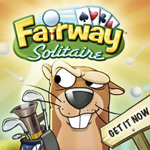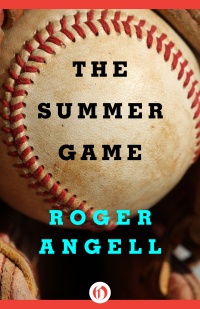Joshua Yaffa is a correspondent for The New Yorker, the author of Between Two Fires: Truth, Ambition, and Compromise in Putin's Russia, and has been reporting from Ukraine for the last several weeks. His most recent article is "What the Russian Invasion Has Done to Ukraine."
“I’m not at all a conflict reporter. I don't like it, though who would like being in these situations? But this is the story, right? If you cover this part of the world, if the war in 2014 felt like the tectonic plates of history were shifting, now they're just erupting, crashing. This is the asteroid-impact event for this part of the world with effects that will last similarly long going forward.”
















